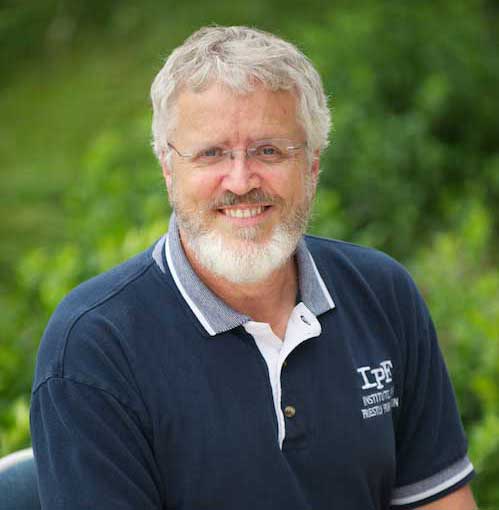Podcast: Play in new window | Download (Duration: 1:41 — 1.3MB) | Embed
Subscribe: Apple Podcasts | Spotify | Amazon Music | Android | Pandora | iHeartRadio | JioSaavn | Podchaser | Gaana | Podcast Index | Email | TuneIn | Deezer | Anghami | RSS | More
 The impatient one, above all, desires to speed up time and to get what he wants, when he wants it. In this way, impatience is related to violence. Whereas patience takes suffering upon the self. The impatient one makes others suffer. The patient one suffers for the sake of others. This Advent, the one who suffered for our sake, will come and take on flesh; be born into our world and teach all of us the true way of love. It is not to be impatient, but to suffer for the sake of others. To suffer for the goodness of others. To suffer for what benefits others. Jesus, who lives within all Christians, moves the heart to this new kind of patience. Let us welcome it, and make choices that further the welfare of others.
The impatient one, above all, desires to speed up time and to get what he wants, when he wants it. In this way, impatience is related to violence. Whereas patience takes suffering upon the self. The impatient one makes others suffer. The patient one suffers for the sake of others. This Advent, the one who suffered for our sake, will come and take on flesh; be born into our world and teach all of us the true way of love. It is not to be impatient, but to suffer for the sake of others. To suffer for the goodness of others. To suffer for what benefits others. Jesus, who lives within all Christians, moves the heart to this new kind of patience. Let us welcome it, and make choices that further the welfare of others.
Deacon James Keating, Ph.D., is a professor of Spiritual Theology and serves as a spiritual director at Kenrick Glennon Seminary in St. Louis, MO.
We highly recommend – The Eucharist and the Hope of Conversion with Deacon James Keating Ph.D. Discerning Hearts Podcast
For more from Deacon James Keating check out his “Discerning Heart” page




